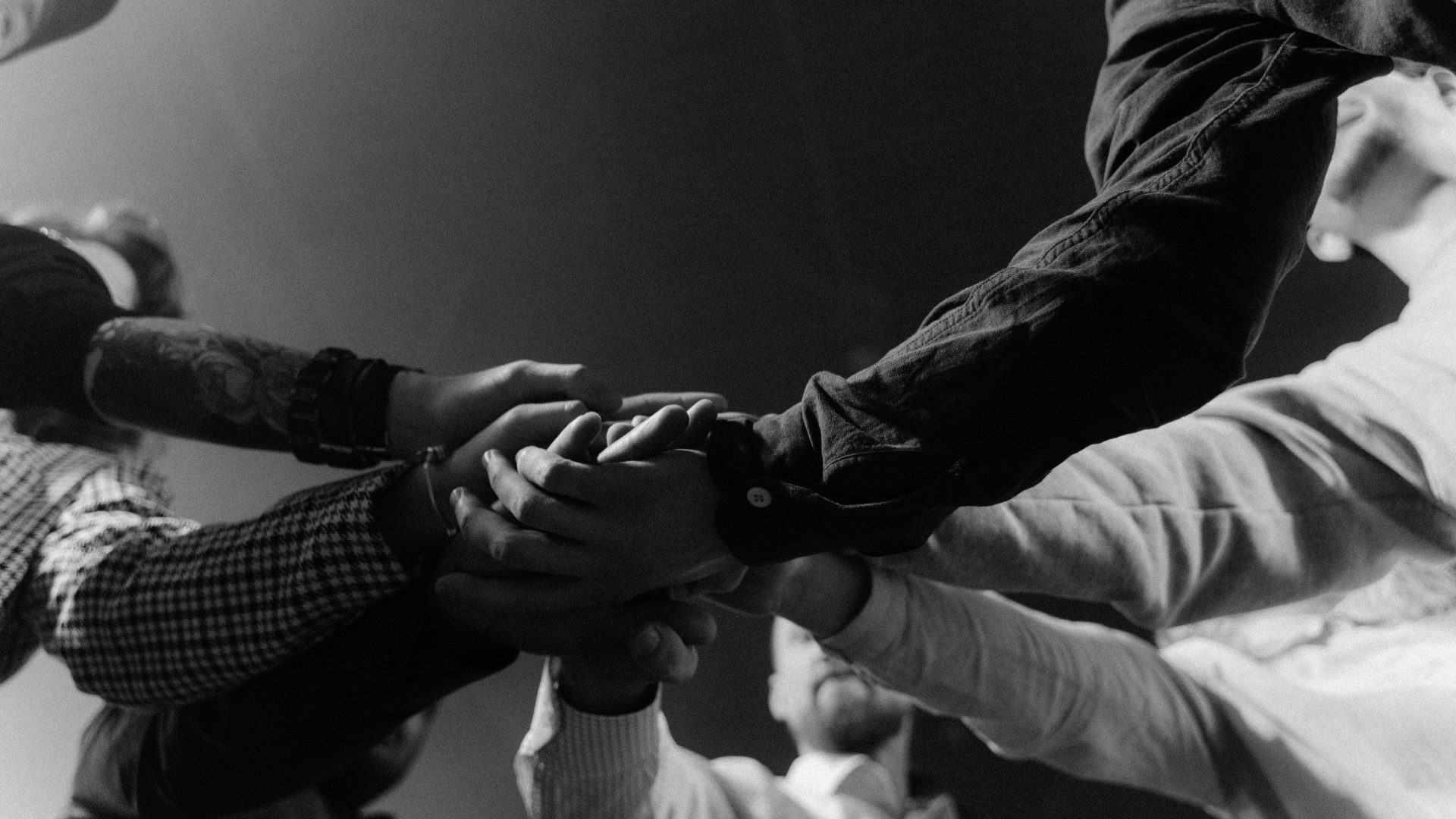Here’s a revised version of your post:
Let’s engage in a thought experiment to better understand David Grusch’s testimony. I’m open to being challenged!
This is a follow-up to my previous post, as some folks began debating my views on Grusch.
Initially, it was Grusch’s statements that piqued my interest and pulled me into the conversation, leading me to think that something significant might be happening, particularly back in 2023. As a newcomer to the subject, his claims seemed to lend considerable weight to the idea of non-human involvement. While I approached the claims with skepticism, I found myself swayed by the compelling terminology and the somewhat misleading presentation of information.
Now, let me explain why I’m no longer impressed by Grusch’s testimony and why I don’t believe it substantiates claims of non-human intelligence (NHI) visiting Earth, using a simple thought experiment:
Imagine I spent several days interviewing various individuals. However, since they aren’t under oath, there’s no obligation for them to be truthful.
This doesn’t necessarily mean they are lying, but they can say whatever they wish without fear of consequences.
After my interviews, I testify before Congress or the ICIG under oath, claiming:
“I’ve spoken to a seasoned military intelligence official involved in a government UAP program. I also talked to a Nobel-nominated Stanford scientist with an exemplary track record who’s examined materials potentially of non-human origin. Additionally, I interviewed a Navy Rear Admiral who believes in an NHI presence on Earth, and a pilot with two decades of service who claims to have witnessed the recovery of this technology. Lastly, I spoke with a scientist from Los Alamos who was a firsthand witness to the reverse engineering of NHI technology, and an ex-Senate majority leader who heard rumors about private industries housing UFOs.”
At face value, this sounds credible, especially since it’s under oath—how could it not be true when lying could lead to jail time?
However, the reality is that in this hypothetical scenario, I’ve simply been conversing with individuals like Lue Elizondo, Garry Nolan, Tim Gaudette, Bob Lazar, Harry Reid, and Stephen Barber.
While they have impressive titles, many people, using common sense, may suspect they’re spinning tall tales. For instance, Nolan claims to have encountered aliens as a child, Gaudette believes his daughter communicates with spirits, and Barber has expressed emotional reactions to theories surrounding alien energy. And Bob Lazar … well, we all know about that.
When mentioned abstractly, it’s easy to make these individuals seem credible and serious. Their qualifications can create an illusion of authority on the subject without delving into their backgrounds.
But, just because I spoke to these people and they said these things, doesn’t mean a testimony under oath implies that aliens are indeed present.
I don’t doubt that Grusch may have spoken to around 40 individuals who resemble the types of characters I’ve mentioned—people who seem credible at first glance but may only project an image of seriousness and honesty. However, this might just be a case of our imaginations filling in the gaps.
Grusch spoke with 40 individuals asserting to be firsthand or secondhand witnesses. Since they weren’t under oath during their conversations with him, they could say anything without repercussions. We’ve seen many appear credible on the surface yet turn out to be less reliable upon closer inspection.
He then testified truthfully under oath about what these individuals claimed.
While Grusch isn’t lying, that doesn’t lend the weight many might assume. His sworn testimony does not retroactively validate the claims of those he spoke with. Only he has taken an oath, not the witnesses themselves.
Essentially, Grusch’s testimony creates an additional layer of separation from the original evidence. It’s akin to a game of telephone where the last voice in the chain might genuinely relay that they heard someone saw an alien ship, but that doesn’t necessarily reflect the truth

You raise some interesting points about Grusch’s testimony and the broader context of credibility when it comes to claims about non-human intelligence. While I appreciate your skepticism, I think it’s important to consider a few factors that might add nuance to the discussion.
First, your analogy about speaking to individuals who may not be under oath is a valid one; however, it’s essential to recognize that not all testimonies are created equal. Some individuals do have track records or experiences that lend a degree of credibility to their claims, even if those claims aren’t verifiable by all observers. Grusch’s testimony, backed by what he claims to be numerous credible witnesses, does hold some weight, even if it’s layered with ambiguity.
Second, while you’re right to question the authority of people in the UFO community, it’s also crucial to understand why certain individuals gain traction in these discussions. Many have dedicated significant portions of their lives to studying these phenomena or have worked in relevant fields, which might explain their presence in these discussions. Their backgrounds might not guarantee truth, but they do provide a context that can be explored further rather than dismissed outright.
Third, it’s fair to be wary of sensationalism and the potential for exaggeration in the UFO narrative; however, completely discounting the possibility of new evidence simply because it comes from questionable sources could be a missed opportunity for genuine inquiry. The pursuit of truth in this field is fraught with skepticism, which is healthy, but it should not lead to a full rejection of all testimony without consideration.
Lastly, while it’s easy to become cynical about individuals who claim to have knowledge of NHI or related phenomena, the conversation itself can still be valuable. The public discourse, driven by people like Grusch, can lead to greater scrutiny, more rigorous investigation, and potentially credible breakthroughs in understanding.
In the end, maintaining a balance between skepticism and open-mindedness is key. Let’s keep questioning, investigating, and discussing these claims with an eye toward evidence and ongoing dialogue. What do you think?